U.S. National Parks Visitor Limitations for 2024: Key Tips for Planning Ahead
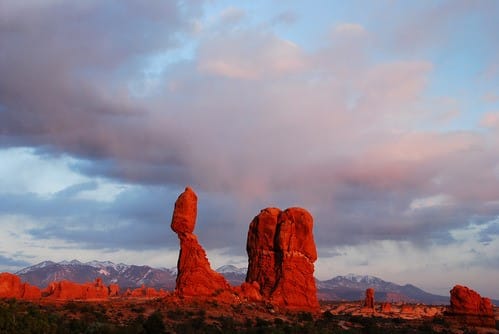
In response to increasing visitor numbers and to preserve the pristine beauty of their landscapes, several U.S. national parks have initiated visitor limitations for the year 2023. These measures aim to ensure a sustainable and enjoyable experience for all visitors. Aspiring park-goers are urged to plan ahead and be aware of the following key points when organizing their trips.
Some of the national parks that require reservations or have other limitations in 2024 are listed below.
Reservations Take Center Stage:
Reservation systems have been introduced in numerous national parks across the country. Prospective visitors must thoroughly review the official park websites or directly contact park authorities to determine if reservations are required. It is crucial to understand the reservation process, including the advance booking timeframe and any specific guidelines.
Limited Entry, Early Booking:
To maintain optimal capacity levels and prevent overcrowding, national parks have imposed restrictions on the number of visitors allowed each day. Once the predetermined limit is reached, entry may be denied. Travelers are advised to secure their reservations well in advance, especially for popular parks and during peak travel seasons, to avoid disappointment.
Stay Updated:
To stay well-informed about any changes or updates in park policies, it is vital to regularly check the official park websites or subscribe to their newsletters. Rules and restrictions can be subject to alterations due to various factors, including weather conditions, wildlife activity, or public health concerns. Staying updated ensures that visitors are aware of the most recent guidelines.
Flexibility Is Key:
Flexibility in planning is essential to accommodate unforeseen circumstances. In the event that a preferred park is fully booked or temporarily closed, it is advisable to have alternative options in mind. Exploring nearby recreational areas or less-frequented parks can offer similar experiences and provide an enjoyable alternative.
Consider Off-Peak Visits:
Traveling during non-peak times or weekdays can significantly increase the chances of securing reservations and provide a more serene park experience. Visitors who have the flexibility to plan their trips during quieter periods can enjoy the beauty of the national parks with fewer crowds.
Extend Your Stay:
Instead of attempting to visit multiple parks within a short time frame, prolonging the stay in a single park is an excellent alternative. This approach allows visitors to immerse themselves fully in the park’s offerings, reduces travel time, and potentially increases the likelihood of obtaining a reservation.
Explore Alternative Accommodations:
Given the limited availability of park campgrounds and lodges, it is advisable to explore alternative lodging options such as nearby hotels, vacation rentals, or campsites located outside the park boundaries. However, it is important to ensure that these accommodations are conveniently situated for daily park access.
Plan Activities in Advance:
Thoroughly researching the park’s activities and attractions before arrival will help visitors make the most of their visit. Identifying popular trails, landmarks, and points of interest and prioritizing them based on personal interests and available time will ensure a well-planned and fulfilling park experience. Additionally, it is essential to check if specific permits or reservations are required for activities like backcountry camping or guided tours.
Embrace Responsible Tourism:
Visitors are encouraged to practice responsible and sustainable tourism by adhering to the principles of “Leave No Trace.” Respecting wildlife, following designated trails, proper waste disposal, and preserving natural and cultural resources will help protect these treasures for future generations.
As restrictions on visitor numbers continue in U.S. national parks throughout 2023, planning ahead, staying informed, and adhering to the park’s limitations will ensure an unforgettable and environmentally conscious experience amidst the splendor of these natural wonders.
Some of the national parks that require reservations or have other limitations in 2024 are:
• Yosemite National Park: A reservation is required to drive into Yosemite during two different periods in 2024: February 10 through 25 (weekends and Washington’s Birthday) and May 1 through September 30 (every day)https://morethanjustparks.com/national-parks-reservations/.
• Rocky Mountain National Park: A timed entry permit or camping reservation is required to enter the park between May 28 and October 11, 2024https://www.usatoday.com/videos/news/2023/12/14/plan-ahead-free-admission-days-at-us-national-parks-in-2024/71916831007/.
• Glacier National Park: A ticketed entry reservation is required for the Going-to-the-Sun Road corridor between May 28 and September 6, 2024https://www.nps.gov/subjects/healthandsafety/trip-planning-guide.htm.
• Zion National Park: A shuttle ticket is required to access the Zion Canyon Scenic Drive between March 13 and November 28, 2024https://www.nps.gov/yose/planyourvisit/faq.htm. A wilderness permit is also required for overnight backpacking trips and some day hikes, such as The Subway and The Narrows.
• Acadia National Park: A vehicle reservation is required for the Cadillac Summit Road between May 26 and October 19, 2024. A parking reservation is also required for the Sand Beach Entrance between June 23 and September 13, 2024.
• Haleakalā National Park: A sunrise reservation is required to enter the Summit District between 3 a.m. and 7 a.m. year-round. A backcountry permit is also required for overnight camping in the wilderness areas.
• Denali National Park: A bus ticket is required to access the Denali Park Road beyond Mile 15 between May 20 and September 13, 2024. A backcountry permit is also required for overnight camping in the wilderness areas.
• Grand Canyon National Park: A backcountry permit is required for overnight camping below the rim of the canyon year-round. A rafting permit is also required for noncommercial river trips on the Colorado River.
• Mount Rainier National Park: A vehicle reservation is required to enter the park between May 28 and September 26, 2024. A wilderness permit is also required for overnight camping in the backcountry areas.
• Statue of Liberty National Monument: A ticket is required to access the ferry, pedestal, and crown of the statue year-round.
Visit US National Park Service.
 United Kingdom
United Kingdom United States
United States Asia Pacific
Asia Pacific
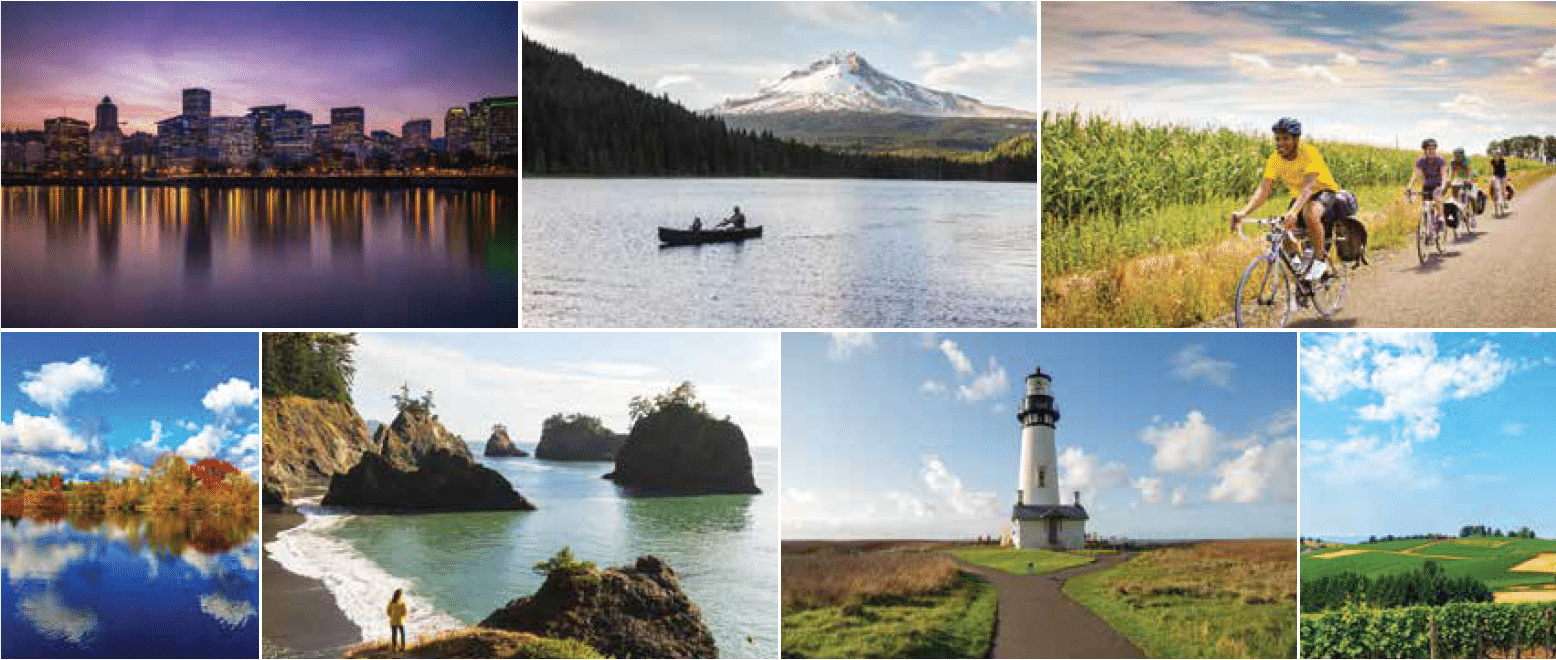
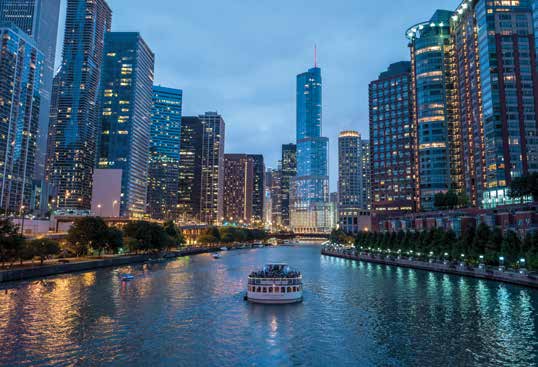


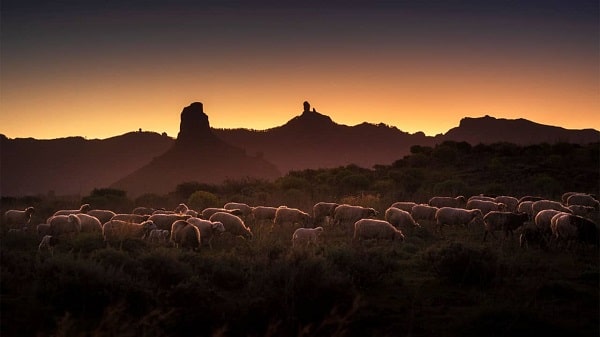




















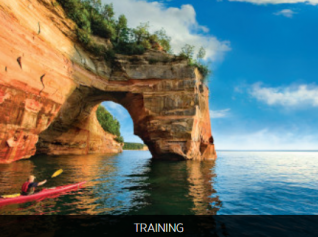






Dozens fall ill in P&O Cruises ship outbreak
Woman dies after getting ‘entangled’ in baggage carousel
Turkish Airlines flight in emergency landing after pilot dies
Boy falls to death on cruise ship
Protestors now targeting Amsterdam cruise calls